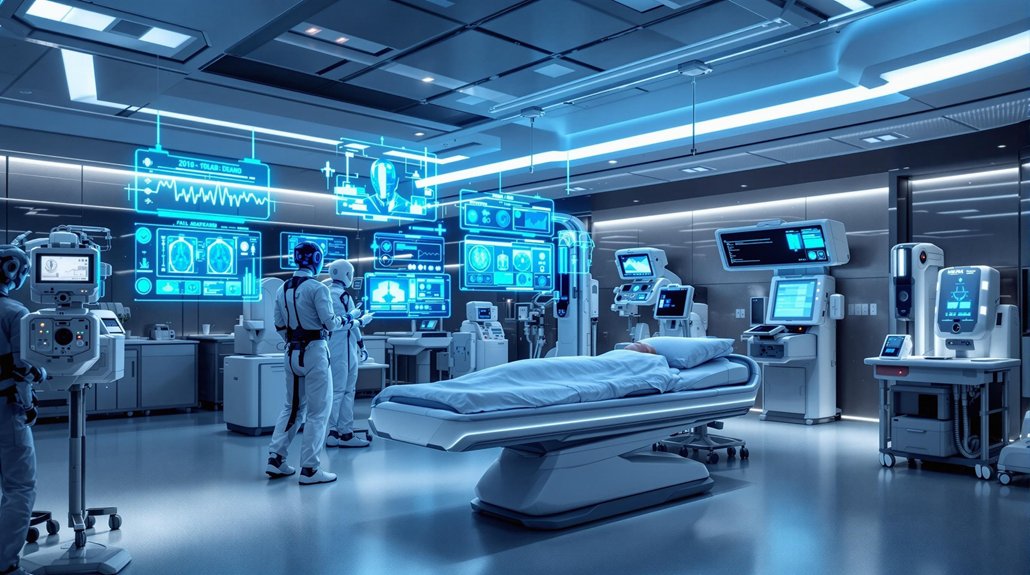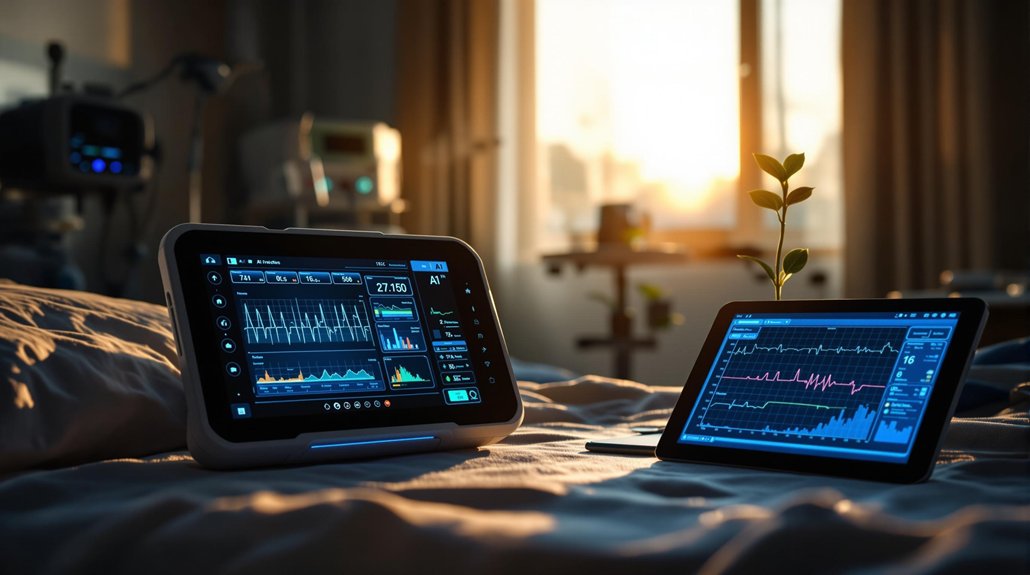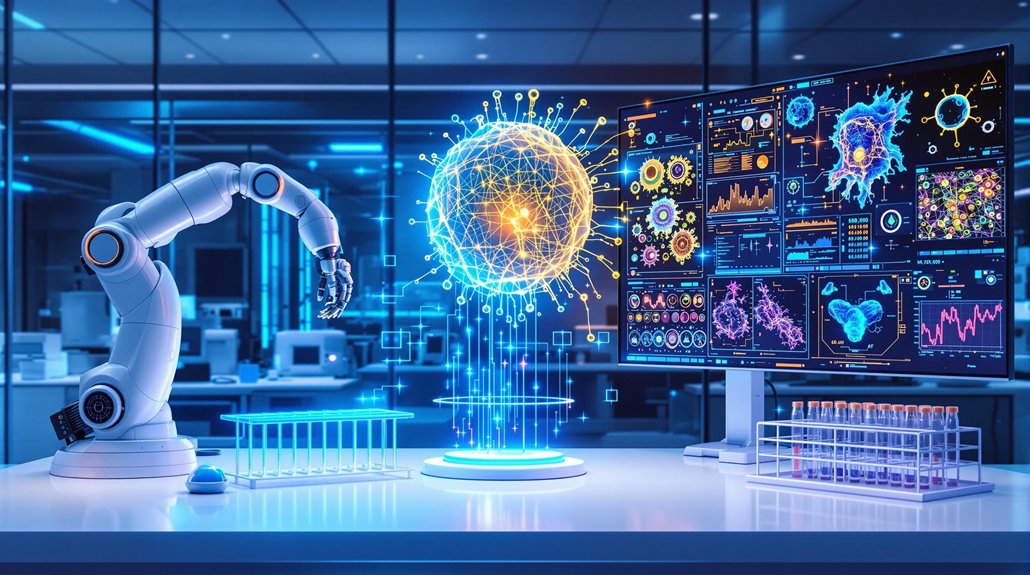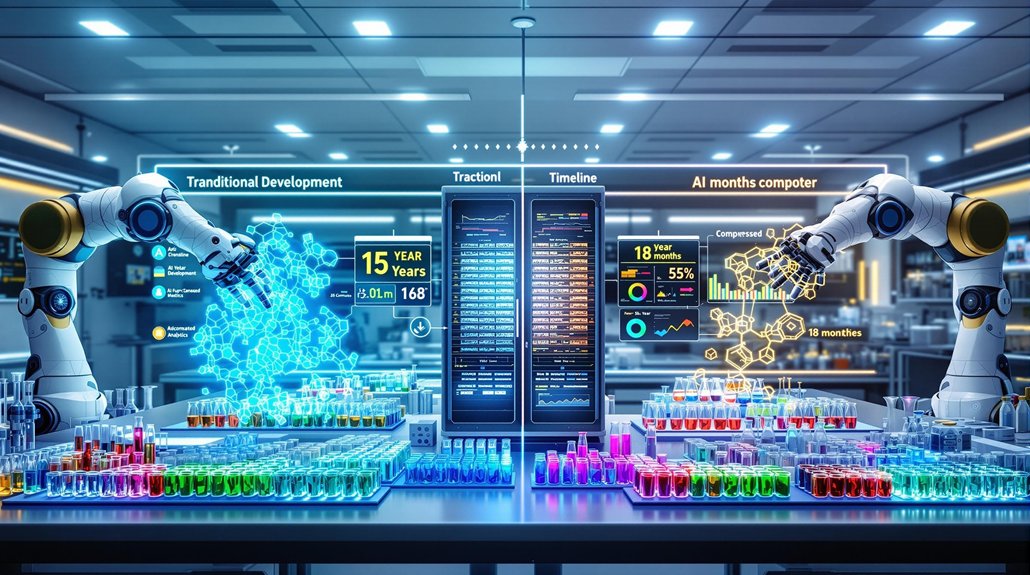Healthcare providers aren’t just surviving—they’re thriving with AI integration. New tools are cutting paperwork by 30-50% and boosting diagnostic accuracy by 5-10%. Doctors now spend more time with patients instead of on administrative tasks. The healthcare AI market is projected to grow from $11 billion to $187 billion by 2030. This digital transformation isn’t replacing providers but enhancing their capabilities. The future of medicine promises both technological efficiency and human connection.
How are artificial intelligence agents transforming modern healthcare? AI tools now handle many jobs once done by humans. They schedule appointments, process bills, and help doctors make diagnoses. These digital helpers can watch patients remotely and alert doctors when something changes. They also analyze medical images and lab results faster than humans can.
Healthcare workers see major benefits from these AI assistants. Administrative paperwork drops by 30-50% when AI takes over routine tasks. Doctors using AI alongside their own expertise increase diagnostic accuracy by 5-10%. Patient monitoring happens around the clock, catching problems earlier. Providers work 10-15% more efficiently with AI handling basic tasks. The healthcare AI market is expected to grow from $11 billion in 2021 to $187 billion by 2030.
Patients enjoy improvements too. They can access health information any time of day or night. AI creates personalized care plans and makes getting appointments faster. It sends reminders about taking medicine and teaches patients about their conditions. Companies like Hippocratic AI are specifically focusing on early detection of cancers and cardiovascular disorders.
Several technologies make these advances possible. Natural language processing lets AI understand patient questions. Machine learning spots patterns that predict health risks. Computer vision examines medical scans. Robots assist with surgery and therapy. Knowledge systems help doctors make better decisions.
Despite these benefits, challenges remain. Patient data must stay secure. Many hospitals use older computer systems that don’t work well with new AI tools. Regulations and approvals take time. AI systems might have biases in their decisions. The considerable growth of the global AI healthcare market, with North America holding nearly 60% of market share, indicates widespread adoption despite these challenges. And they need constant updates as medical knowledge grows.
Experts recommend starting small with AI, using it first for simple, common tasks. Clear rules for human oversight are essential. Staff need training to work with these new tools. Regular performance checks help guarantee good results.
Future developments look promising. New methods will better protect patient privacy. AI will connect with medical devices and explain its decisions more clearly. It will support precision medicine and help change patient behaviors for better health outcomes.









